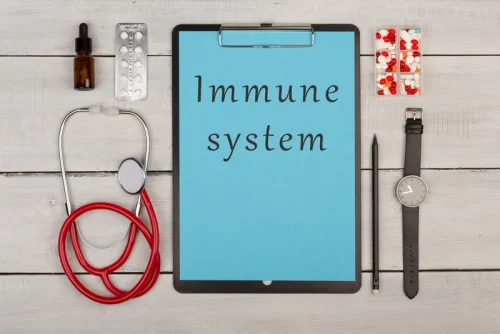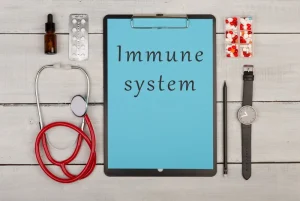
Completing detox does not mean someone is “cured” from their alcohol addiction. They must continue through a treatment program to address their underlying issues and create a supportive recovery system. Treatment for alcohol use disorder can vary, depending on your needs. Treatment may involve a brief intervention, individual or group counseling, an outpatient program, or a residential inpatient stay.
What Is Alcohol Rehab Like?
Alcoholism is a chronic condition, meaning the condition does not go away entirely after treatment. Management can take many forms, can alcoholism be cured but the focus is on maintaining a sober life and preventing relapse. To avoid relapsing, there are many treatment options for alcoholics to find a personalized path toward a healthier and brighter future. Common mental health conditions that co-occur with AUD are depressive disorders, anxiety disorders, trauma- and stress-related disorders, other substance use disorders, and sleep disorders. Studies show that people who have AUD are more likely to suffer from major depression or anxiety over their lifetime.

Starting with a Primary Care Provider

Certain safe-substitute drugs, such as benzodiazepine, can only be administered in a hospital. A detoxification is considered only part of the treatment, as it only deals with the physical dependency on alcohol. After detoxification, many people with alcohol disorders need some form of long-term support or counseling to remain sober. Recovery programs focus on teaching a person with alcoholism about the disease, its risks, and ways to cope with life’s usual stresses without turning to alcohol.

The Risks of Alcohol

Similar to other chronic illnesses like asthma and hypertension, alcoholism is not a condition that goes away after treatment. Instead, alcoholism treatment is meant to help individuals manage the condition throughout their lives so they will not relapse to alcohol use. If you or someone you love is struggling with alcohol addiction, know that help is available. Treatment, whether it be inpatient or outpatient rehab, can help you take back your life =https://ecosoberhouse.com/ and move towards a healthier, alcohol-free future. Personal stories abound of people never touching alcohol again after going to AA or receiving certain treatments.
- Others are outpatient programs, where you live at home and go to the center for treatment.
- Even if it has been decades since a person’s last drink, a person with AUD will often require vigilance and ongoing involvement with recovery groups or services to maintain abstinence.
- There is no set amount of time for a person to stick with an aftercare program.
- However, with treatment, individuals can learn to manage their condition and improve their overall health and well-being.
- The National Institute on Drug Abuse explains that addiction and alcoholism cannot be cured.
While people with this condition may start drinking again, studies show that with treatment, most people are able to reduce how much they drink or stop drinking entirely. In this disorder, people can’t stop drinking, even when drinking affects their Twelve-step program health, puts their safety at risk and damages their personal relationships. Studies show most people can reduce how much they drink or stop drinking entirely. However, just as those with chronic conditions such as asthma or rheumatoid arthritis may have flare-ups of the disease throughout their life, for some alcoholics, relapse is part of the process.
- Programs such as Al-Anon, which is a support group for friends and family members of alcoholics, may be beneficial as you help support your loved one on the road to recovery.
- The second half of the condition, Korsakoff’s psychosis, results in the psychological symptoms.
- If you’re receiving counseling, ask your provider about handling high-stress situations when you may feel like you need some additional mental health support.
- Realizing you may have an issue is the first step toward getting better, so don’t hesitate to talk to a healthcare provider.
